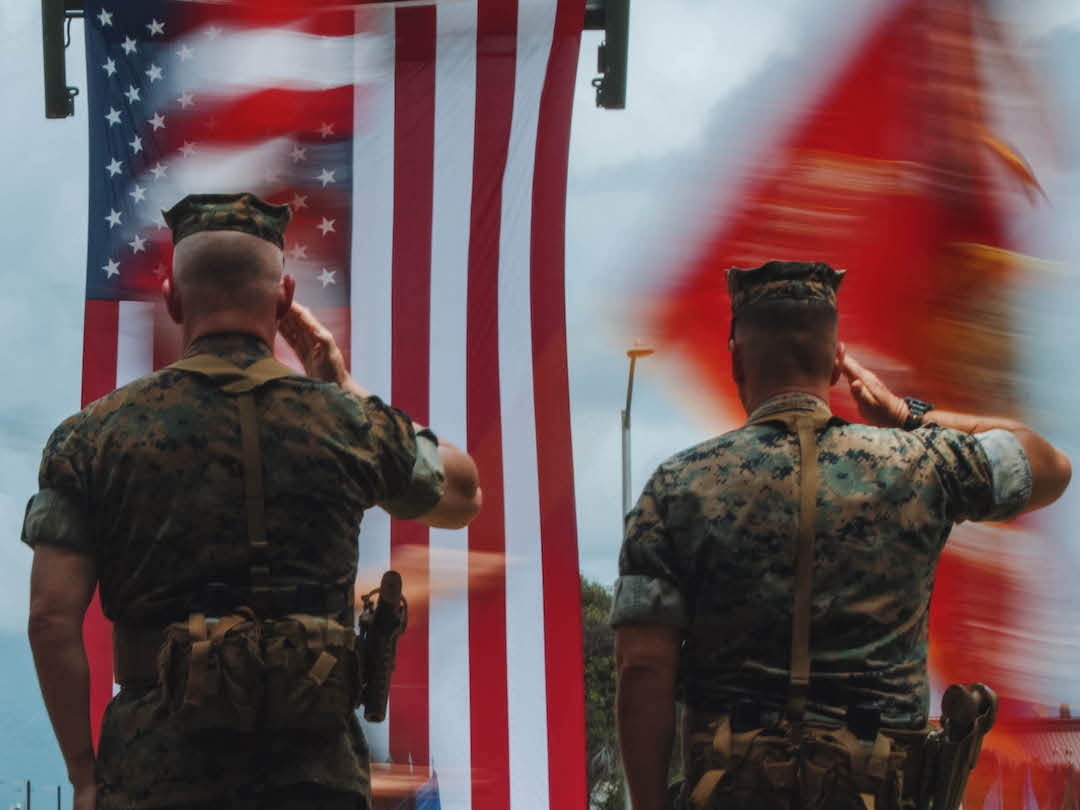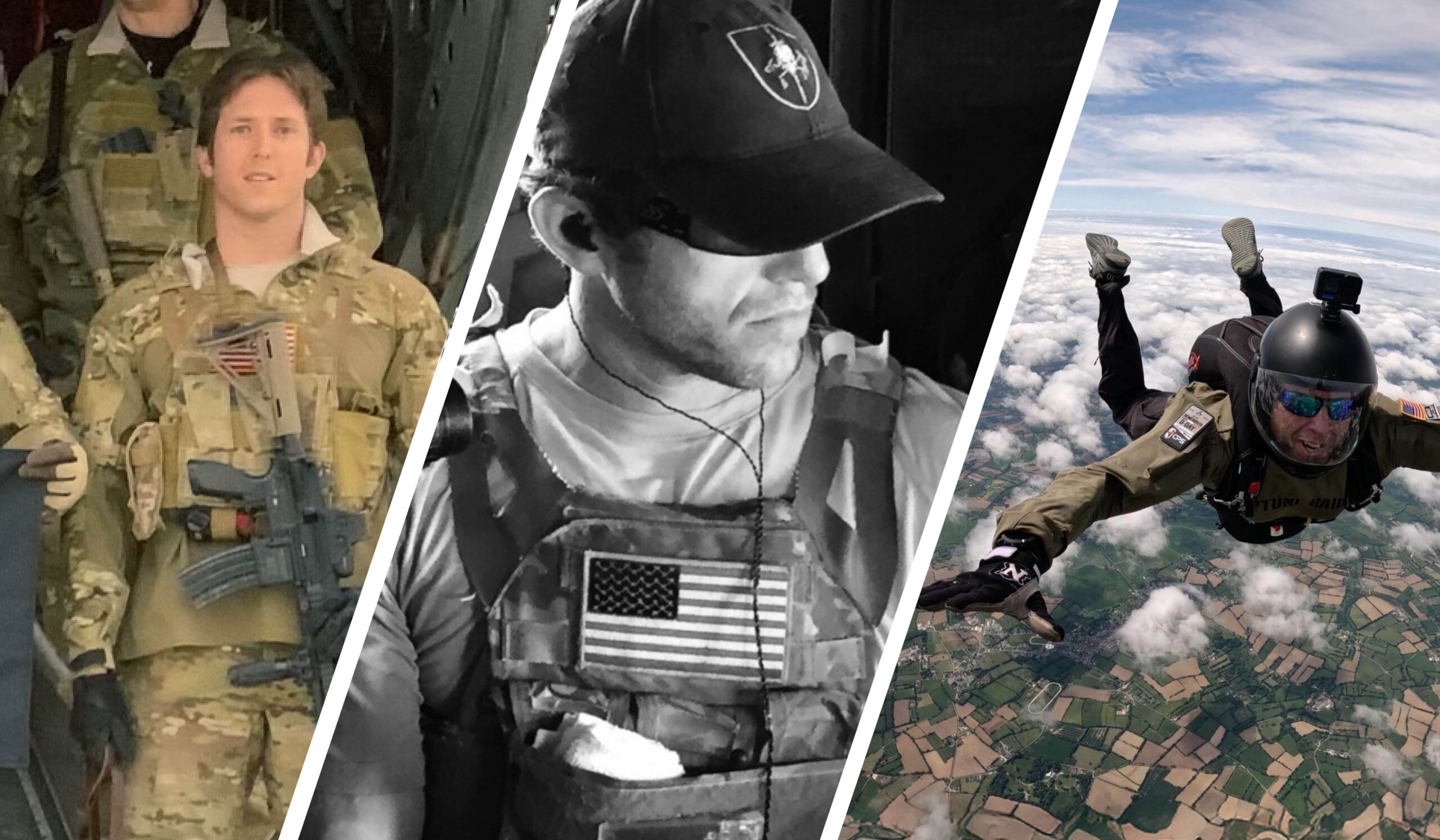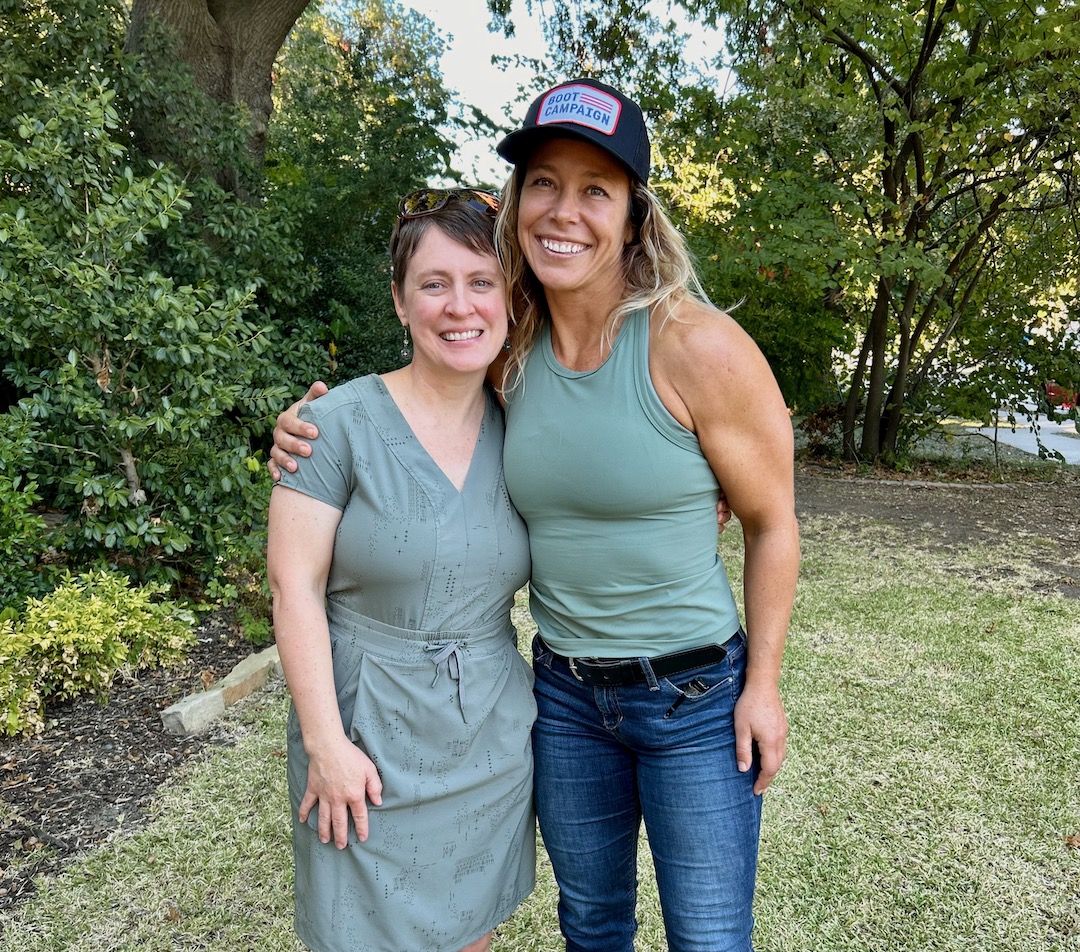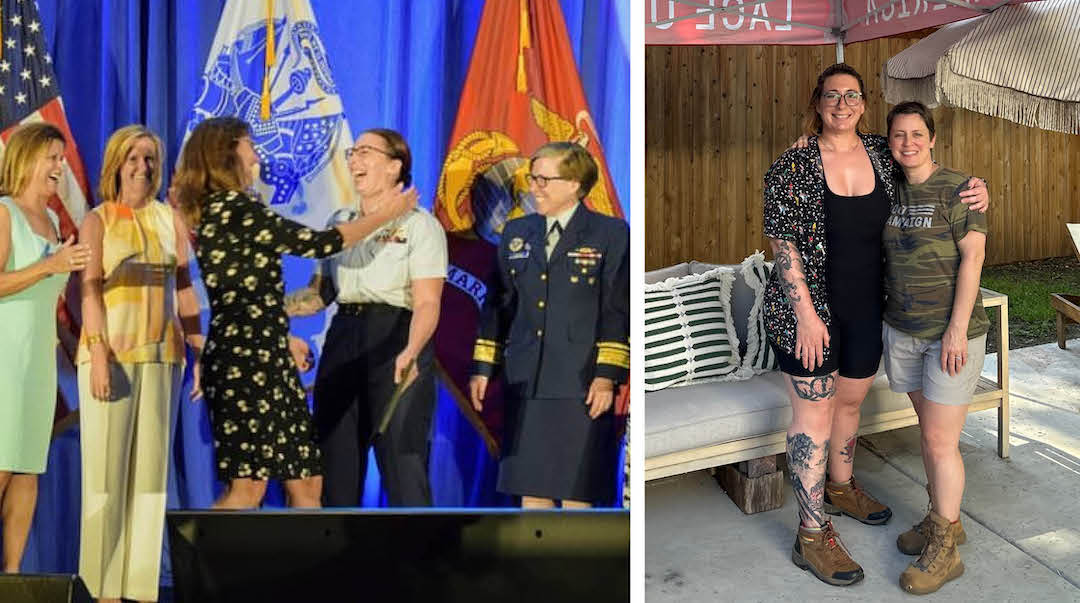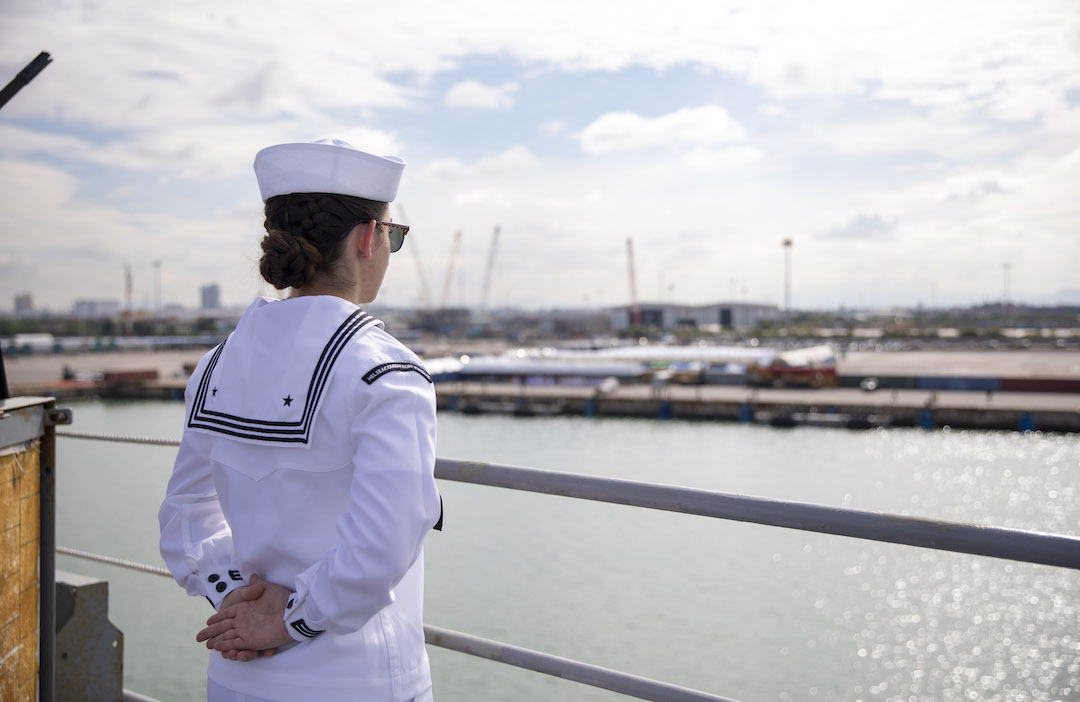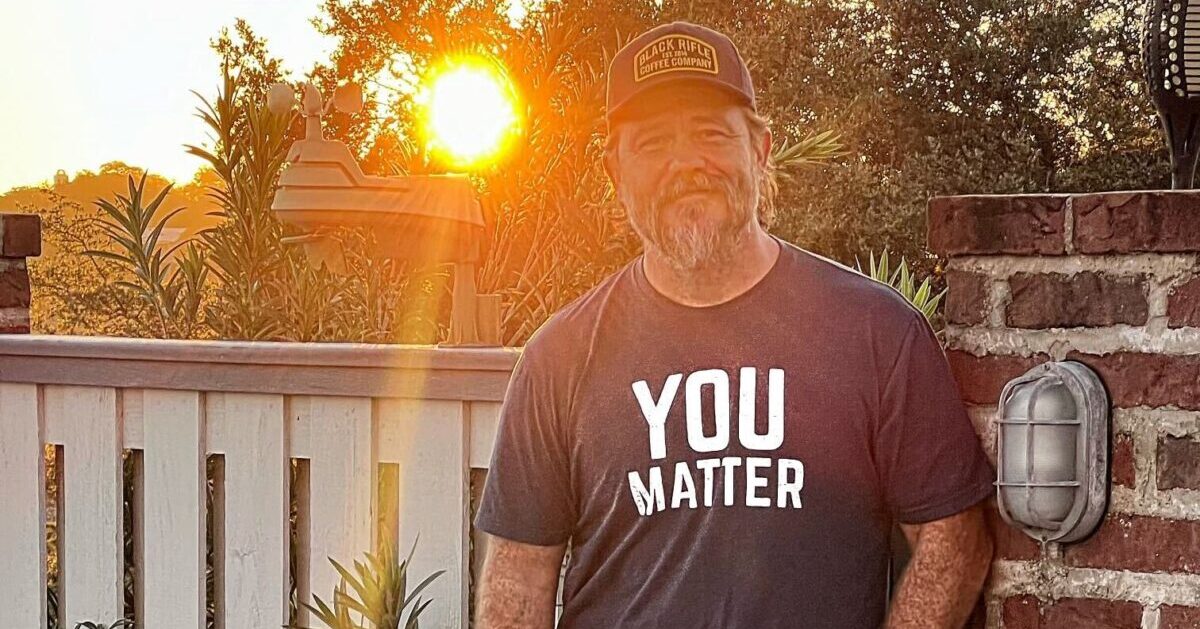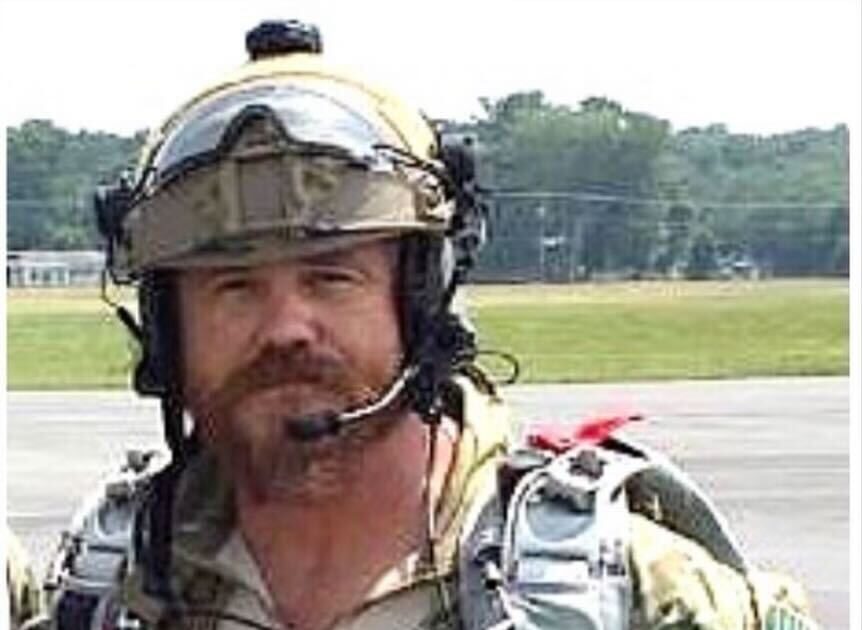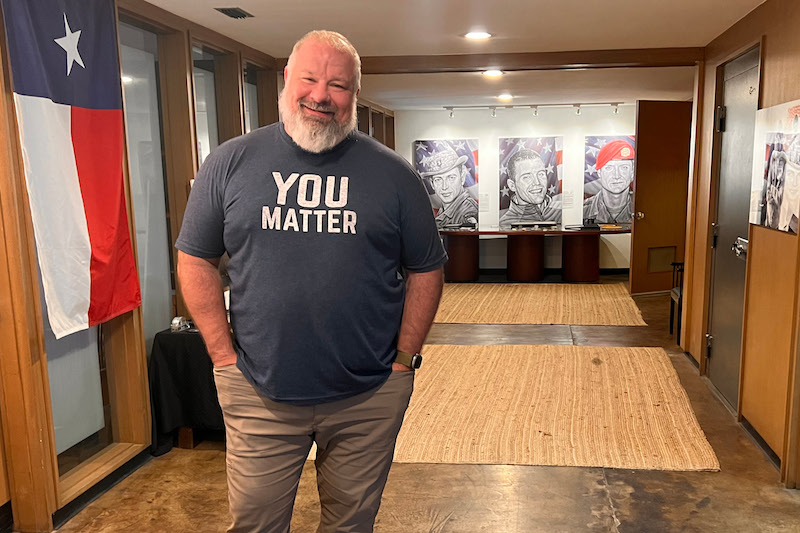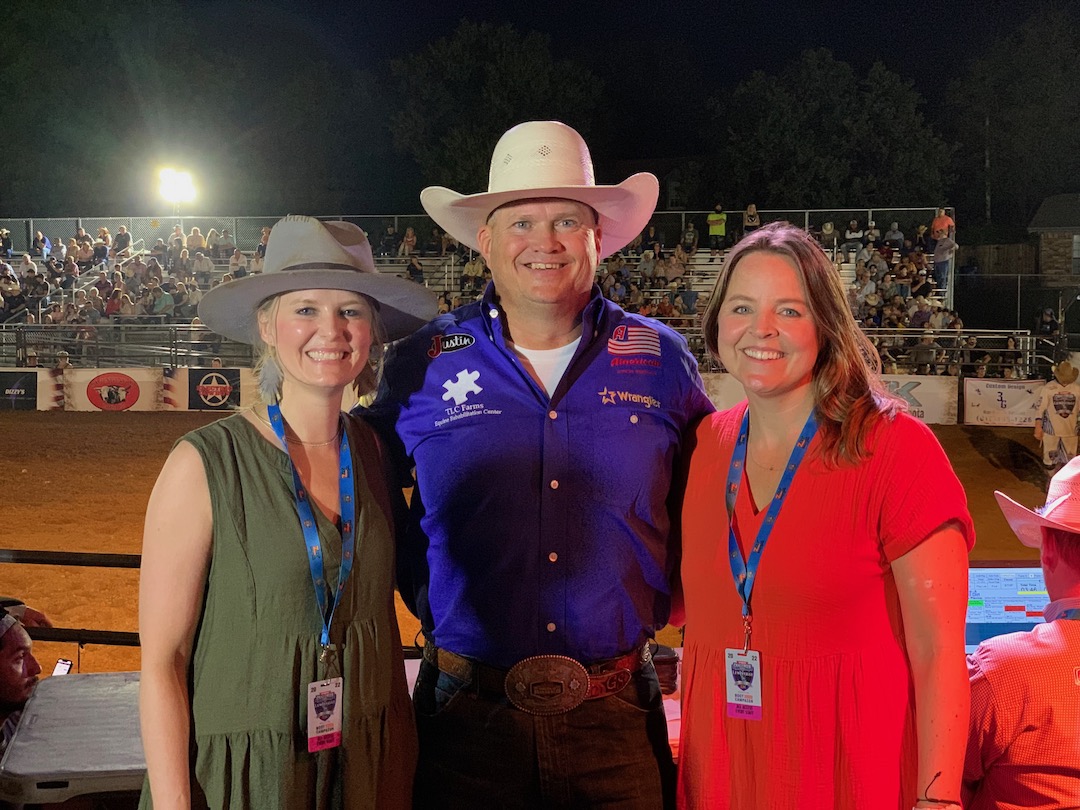U.S. Army Veteran Continues Family’s Military Path En Route To Kentucky Colonel Honors
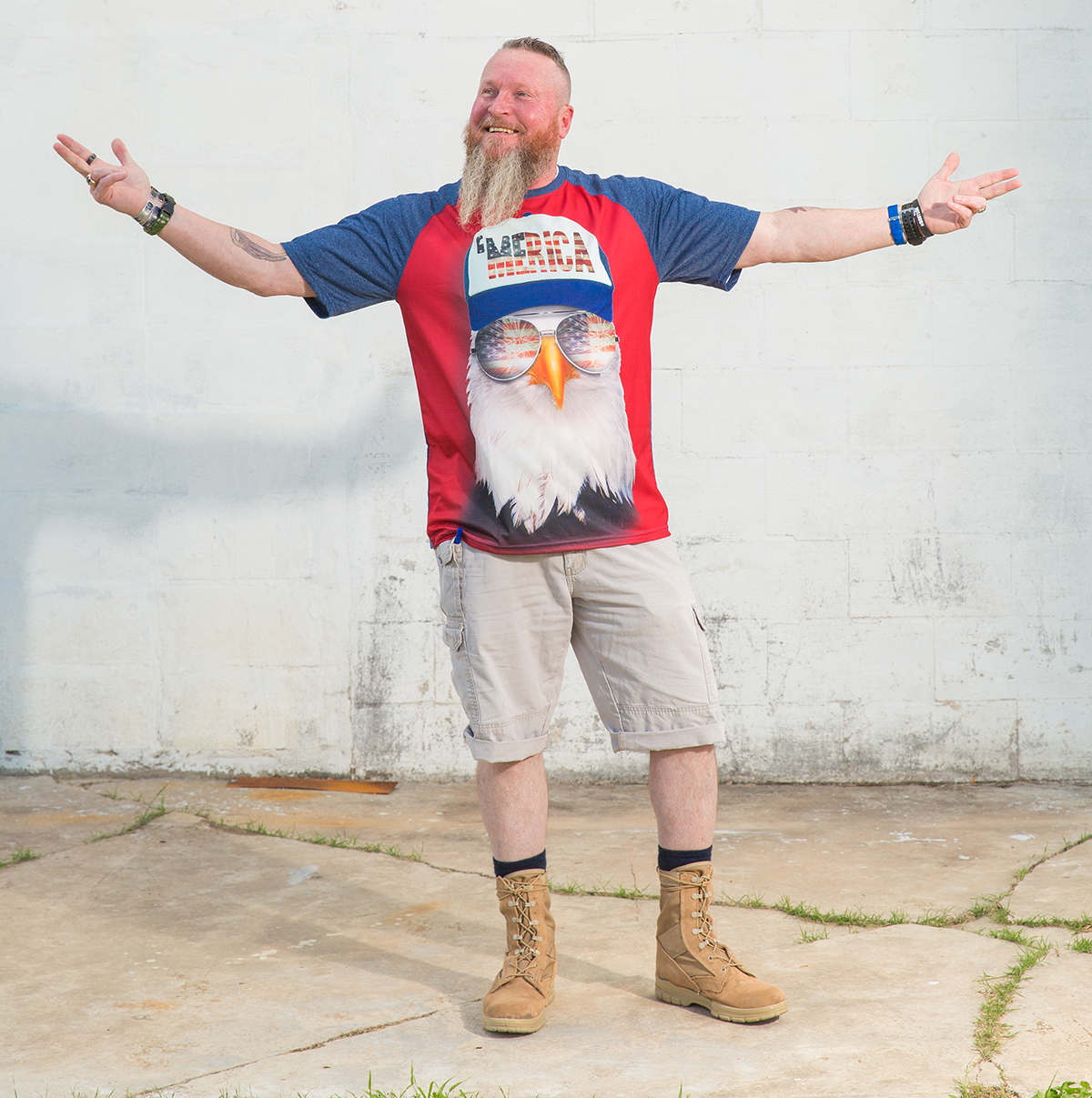
This article originally featured in the February 2018 issue of Homeland magazine and republished with permission.
With two grandfathers serving in World War II in the U.S Marines, and his father retiring from a career in the U.S. Army after three tours in Vietnam, it is not all that surprising that 18-year-old Billy Ray Yates of Flatwoods, Ky., would have an interest in a military career.
As a recent high school graduate in 1982, the option to enlist and attend college at the same time seemed like a tremendous opportunity. His decision was reinforced with the full support of his father Raymond, who was last stationed at Fort Knox, Ky., retiring as an Army Sergeant First Class after a 20-plus-year career in the military.
“I originally went into the Army for college, but once I got in there I realized I liked it,” says Yates, an award-winning Army Sergeant First Class himself, who served 23 years before retiring in 2005. “I really enjoyed it, so that’s what helped me to stay in for so long. My father was a big influence and I kind of wanted to follow in his footsteps.”
So Yates continued his family’s military legacy and also attended college, taking courses from his beloved University of Kentucky. But taking higher education courses did not happen right away. Actually, collegiate studies did not begin until several years later after his career and adult life had already begun to take shape.
After spending a few months in Fort Benning, Ga., to finish advanced infantry training, he received his first assignment overseas at Panzer Kaserne, a U.S. military installation in Böblingen, Germany, part of U.S. Army Garrison Stuttgart. He served five years in Germany as an infantryman, learning the language and getting his first extended experience living outside the U.S. When he was transferred back to the states in 1987, he reported to Fort Knox as a married man.
“My wife Nelly is from Germany and was already in the medical field,” explains Yates, whose bride went through paramedic school and later became a registered nurse after earning a bachelor’s degree from Columbus University in Georgia. “I met her in the summer of 1983, we dated for a year and a half and got married in October 1985. So, had I not joined the Army, we obviously never would have met.”
A year later he became a father to a son named Preston, who served as a personal inspiration to Yates as he stepped up his military responsibilities and a globetrotting career in the Army.
Yates received a change in assignment from Fort Knox to Camp Casey in Dongducheon, South Korea, where he spent 12 months as a squad leader before returning back to Kentucky at Fort Campbell for a three-year stint that also featured deployments to Saudi Arabia for Operation Desert Shield and Kuwait for Operation Desert Storm.
In 1992, Yates was sent back to Korea for another year of duty on a long-range surveillance assignment, before being reassigned to Fort Benning with a new career focus as an instructor with the 4th Ranger Training Brigade. In 1997, he was transferred to the Fort Wainwright post adjacent to Fairbanks, Alaska, where he served in various capacities for three years.
In 2000, Yates garnering his final assignment at the Army Airborne School back in Fort Benning, serving with the 1st Battalion (Airborne), 507th Infantry, U.S. Army Infantry School. As a black hat platoon sergeant and pathfinder instructor, he helped conduct the basic paratrooper (military parachutist) training for the United States armed forces, including troops of both genders from all branches of the U.S. Department of Defense, Reserve Officer Training Corps, and allied military personnel.
As a paratrooper himself, Yates earned his Airborne Wings followed by a Senior Parachutist Badge with 30 jumps and his Master Parachutist Badge with 65 jumps. All told, he finished his career with more than 100 successful static line parachute jumps on his resume.
“I am still knocking on wood, but in all those jumps I never had a malfunction,” reports Yates. “Most of my jumps were from between 1000 to 2500 feet, and they varied from nighttime jumps with combat equipment to daytime jumps from aircraft like a UH 60 Blackhawk.
“I passed all the way through trees before, but I never got hung up in the trees,” he adds. “I also remember getting blown off the drop zone one time where I almost landed in water, landing about 10 feet from the side of a lake. Other than that, most of my jumps I was lucky enough to land somewhere in the drop zone.”
Were all of his jumps completed with smooth landings?
“Every one of them’s a smooth landing,” he laughs, “when you can get up and walk away.”
While his final assignment at Fort Benning lasted longer than he anticipated, he was not about to walk away from the military into retirement after the Sept. 11, 2001 terrorist attacks on American soil. Although he was never deployed back to the Middle East, his experience as an instructor was invaluable to America’s fighting forces.
“I was dropping kids off of a 250-foot tower in a training exercise when we got the word that the twin towers were attacked in New York,” remembers Yates. “A lot of the people in the training environment like me were locked in because of the continuity needed and time it takes to get new instructors up to speed.
“Most of the guys in the 507 got locked in,” he continues. “Many of my friends didn’t get to deploy. They wouldn’t turn us loose, because of the amount of time it takes to get people trained up. They were too shorthanded on instructors.”
By 2005, he felt like it was time to call it a career, making good on an agreement he made with his spouse.
“I made a deal with my wife that the morning I wake up and I don’t want to do it anymore is the day I go in and put my retirement paperwork in,” Yates explains. “I was about to hit my 23-year mark, and I figured 23 was enough. I had my fill. I promised I wouldn’t drag it out for the sake of dragging it out, and I didn’t.
“Without my wife’s support I wouldn’t have made it that many years anyway,” he acknowledges. “She always took care of everything on the homefront when I was away. That’s a heavy burden to be released from and not everybody has that luxury, so I’d like to give Nelly credit. When I went to Korea the first time, my son was only four months old, and she had to buckle up her boot straps and take care of everything. Spouses don’t get as much credit as they deserve.”
His transition into civilian life, however, was not quite the smooth landing he expected. In fact, after a brief six-month tenure in the construction business, Yates found himself back working for the military for another three and a half years as a civilian instructor at the U.S. Army sniper school.
“Ever since I got out, I still miss it,” Yates confides. “After you’ve spent the majority of your life in the military – and I went in when I was 18 – then you turn around and so many things have changed. I just didn’t know how I was going to fair with the civilian world coming out, but we’ve done alright.”
Nowadays, Yates finds himself working as a manager for the oldest sporting goods store in Anchorage, Alaska, while finding time to travel and enjoy his 34-foot ocean boat along with some serious hunting and fishing. In a recent bow hunting trip to Argentina, Yates bagged a prized animal he has wanted to hunt for years, a giant seven-point trophy red stag that did not go down without a fight.
“It took me three arrows, to be honest,” admits Yates. “When I was stationed in Germany from 1982-87, I got to see many of the big red stags they have over in Europe, and ever since then it has been on my animal bucket list to hunt.”
Among his other trophies are a 125-pound halibut he corralled in Seward, Alaska, and a 60-pound king salmon he reeled in from Alaska’s Kenai River, in addition to the countless giant shrimp he nets during the April-to-September shrimping season.
Sharing his free time by giving back to the military community as a Boot Campaign Veteran Ambassador also is a new priority for Yates. He was introduced to the Texas-based military non-profit through Army Sgt. First Class Cassandra “Cassie” Cantin, a Boot Campaign Veteran Ambassador herself and the wife of one of Yates’ fellow black hat airborne instructors.
“Cassie’s husband Carl is my best friend in the world and Cassie hit me up and I went down to participate in Boot Campaign’s annual Mike’s Hard Lemonade Fish Hard contest in Port O’Connor, Texas,” he says. “My buddy Carl caught the biggest fish, so he beat me out, but I got to meet some incredible people from the Boot Campaign, and people who have been through their ReBOOT program. I kind of realized that Boot Campaign was all about recovery and the soldier, and I told Cassie I wanted to be a part of it.”
While he is thrilled to be lacing up his boots again as a Veteran Ambassador with Boot Campaign, it is not the honor he is most proud of receiving since returning to civilian life. That would be reserved for the surprising honor bestowed upon him by Kentucky Governor Steven Lynn Beshear, on Oct. 16, 2008.
“I was voted in as a certified Kentucky Colonel in the Commonwealth of Kentucky,” beams Yates, a proud native of the Bluegrass State. “I was nominated by a good friend of mine (Bill Mattingly Jr.) who was also from the state of Kentucky, and although I’ve never read it, whatever he wrote up was evidently good enough. It’s a very prestigious honor in the state of Kentucky.”
According to the official Kycolonels.org website, the commission of Kentucky Colonel is the highest title of honor bestowed by the Governor of Kentucky. It is recognition of an individual’s noteworthy accomplishments and outstanding service to the community, state and nation.
Prestigious indeed, and well deserved.
